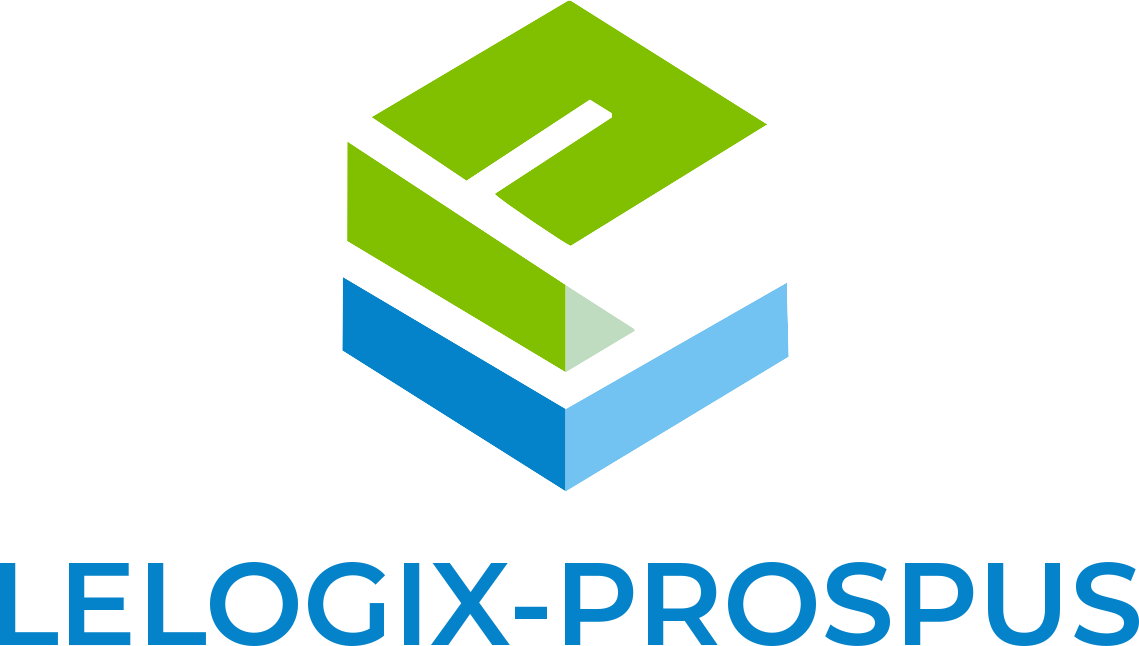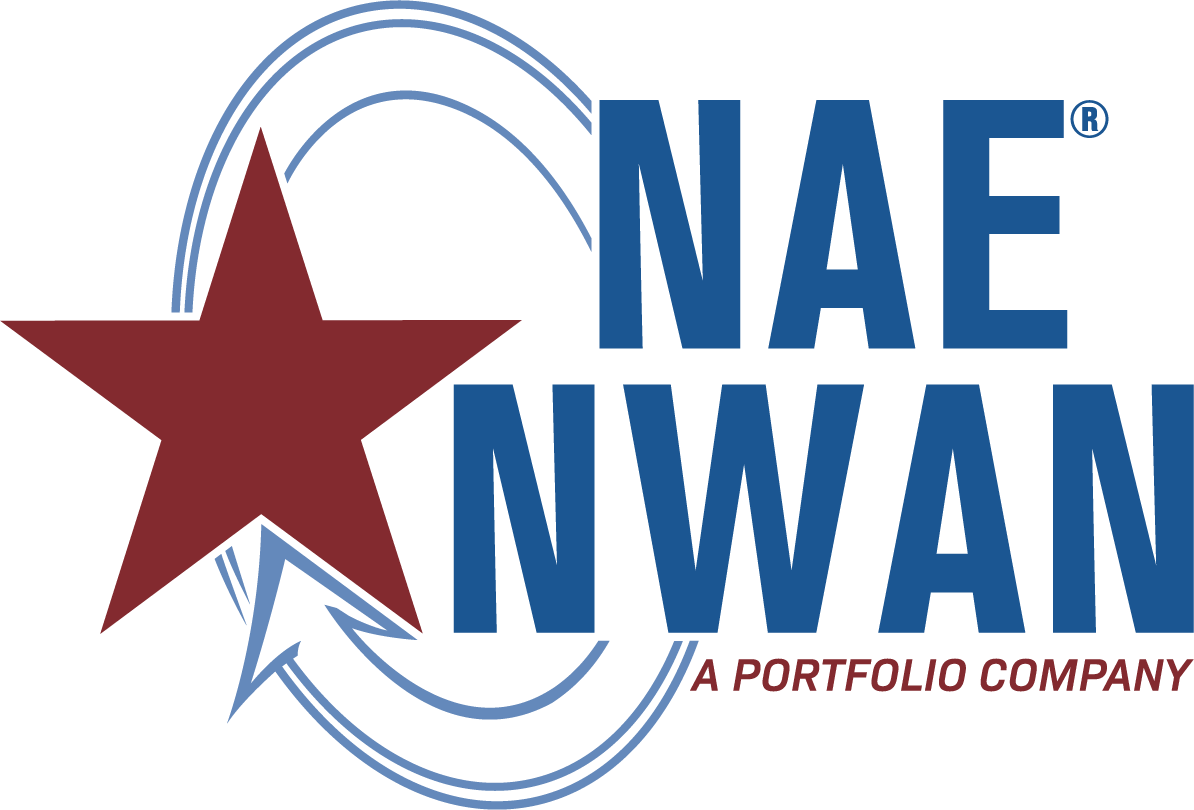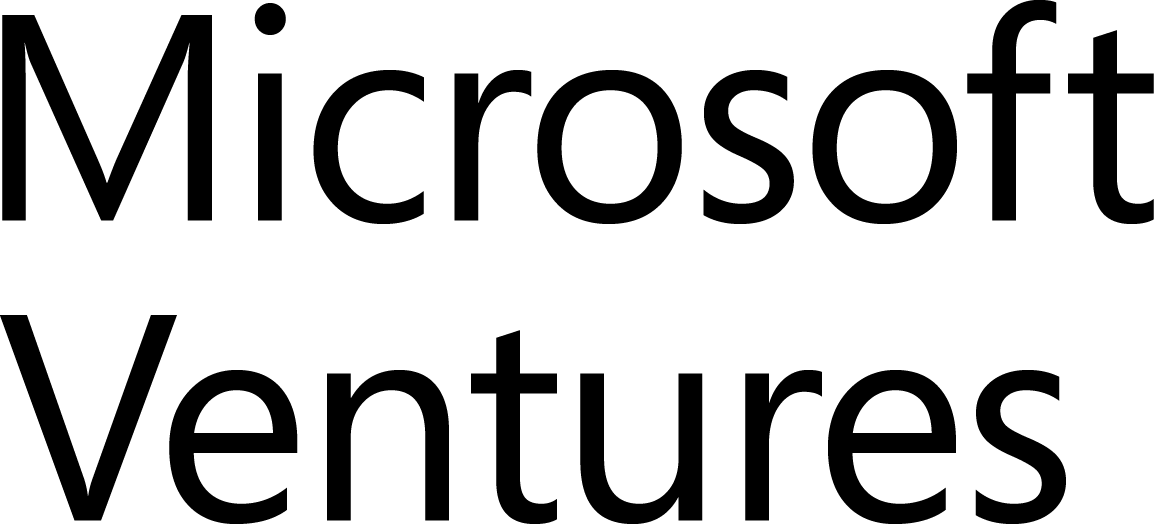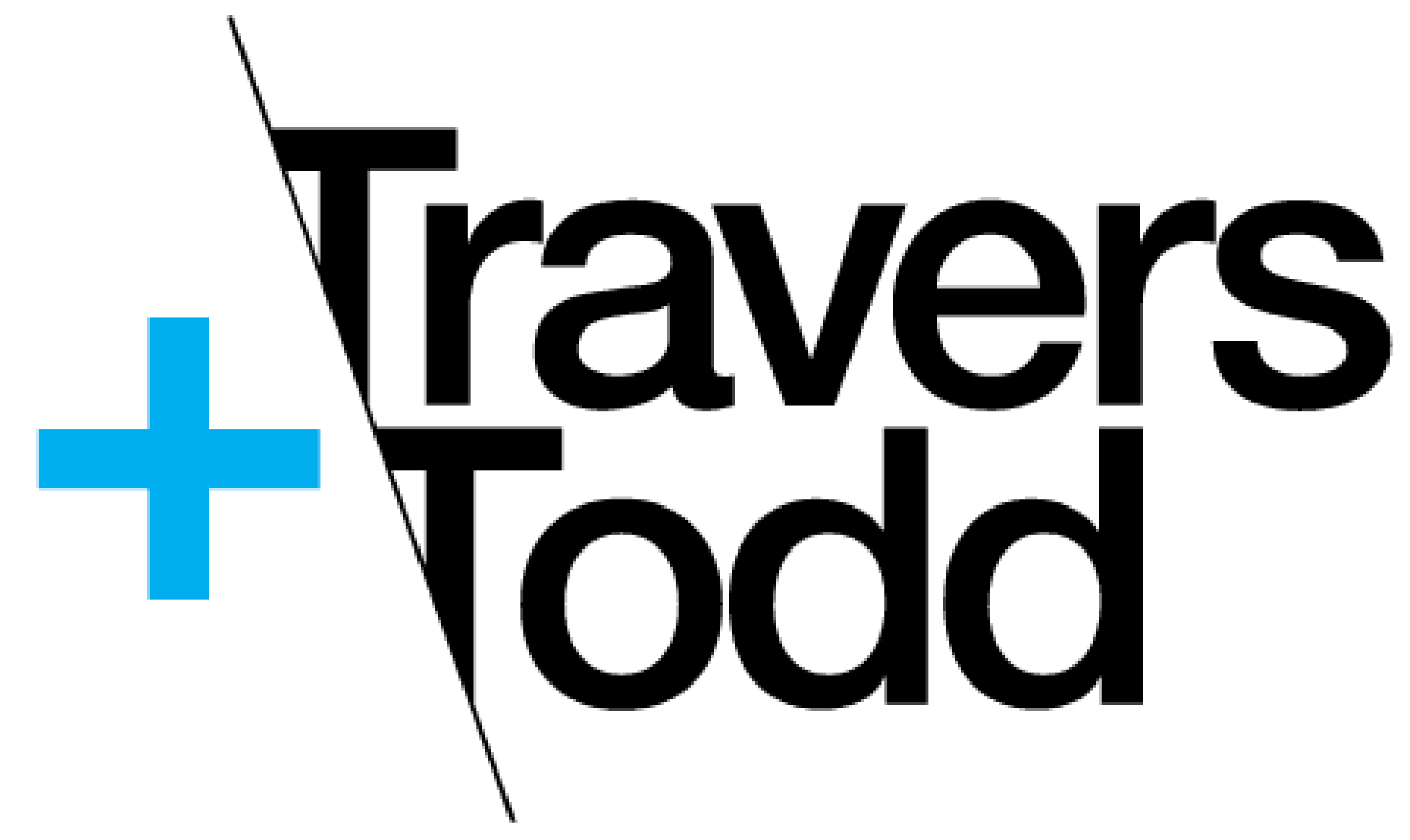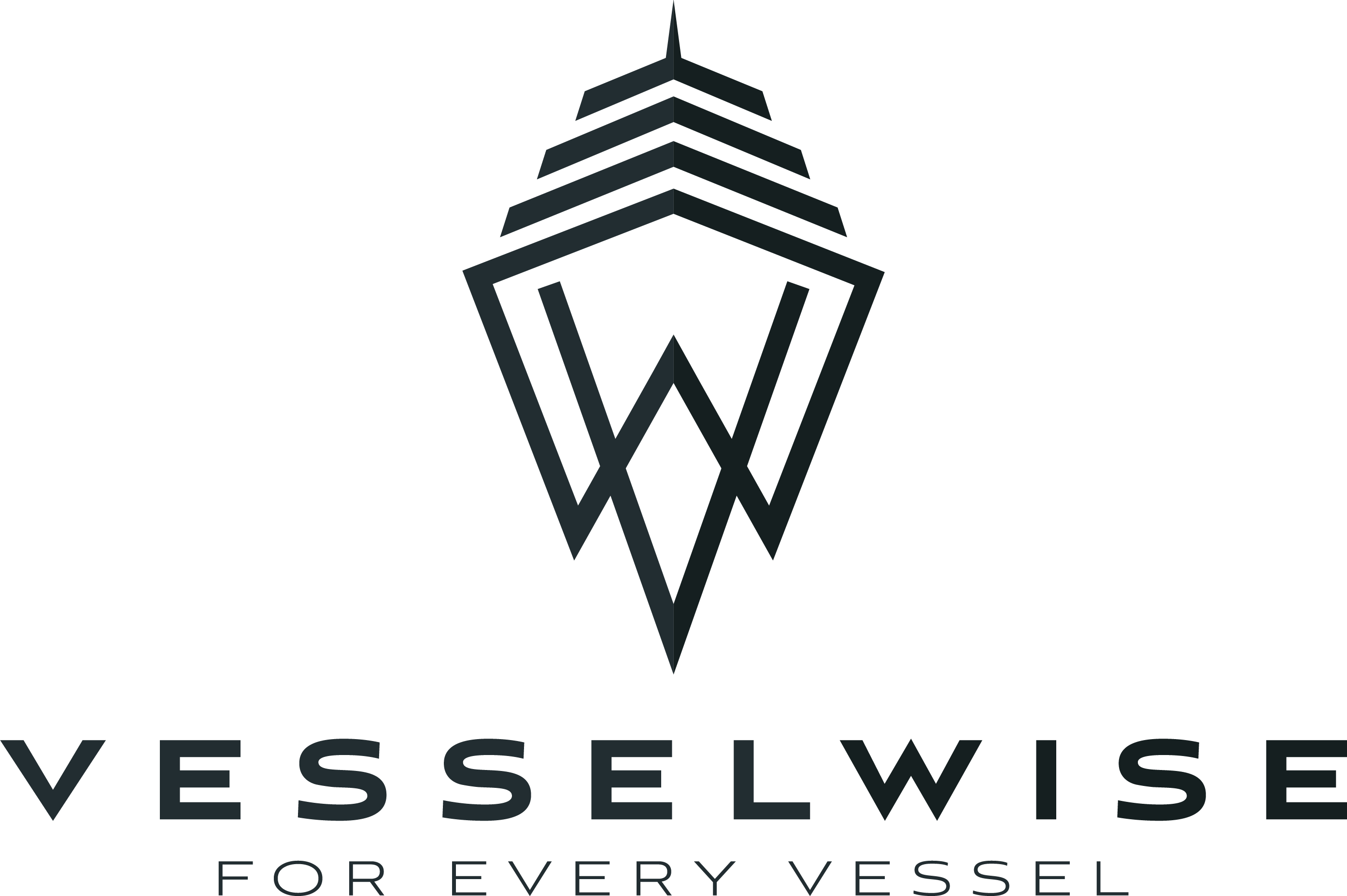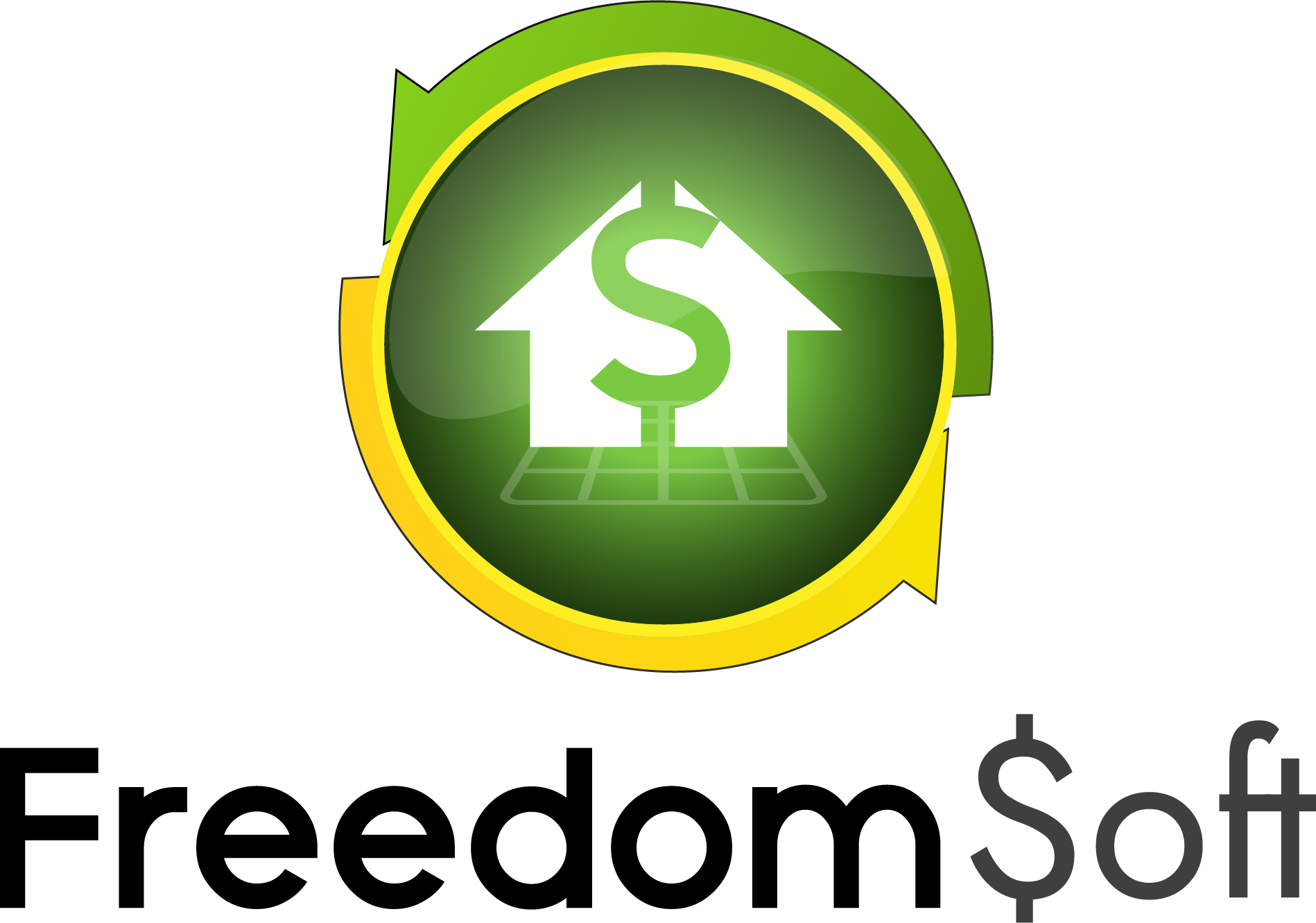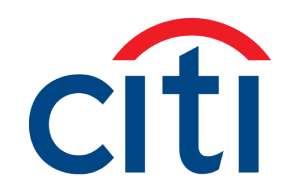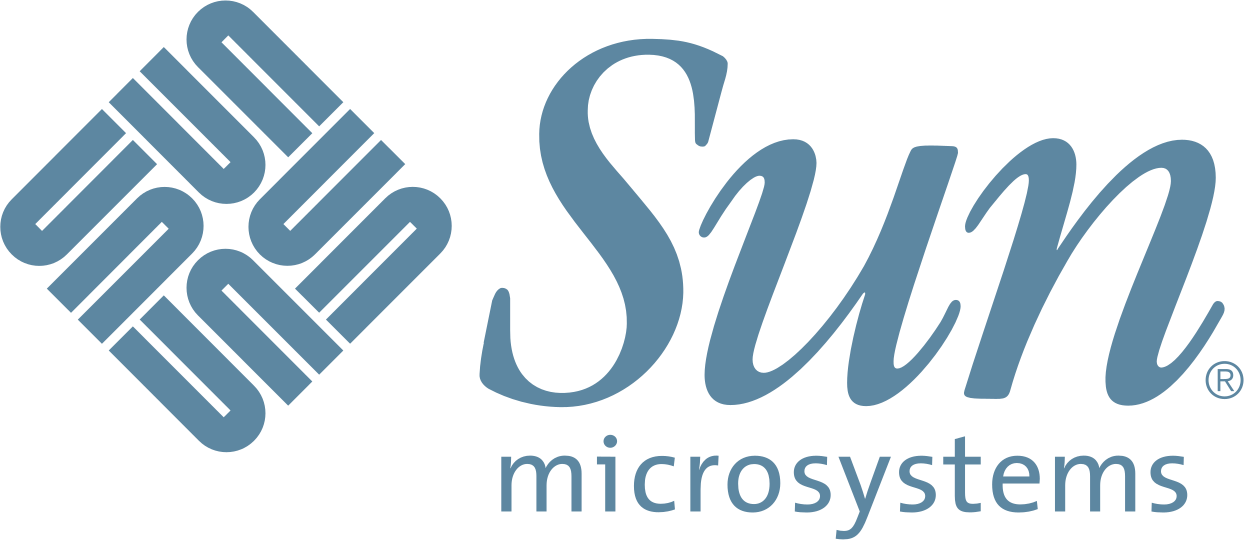In this article, we look to highlight how data is being commoditized by large corporations in an almost capitalistic way. Shouldn’t information shared by a user remain the user’s own property?
Background
Digital privacy is a trending social concern.[1} With the advent of social networking, digital content sharing got bolstered and people willingly started sharing tons of private data about themselves on the internet. When I was sharing photos and posting comments and tweets, or favoriting video channels, or liking pages on my once active social networking accounts, I wasn’t thinking about where that data might be going and what could be done with it. if I wanted to remove it, I could simply delete anything anyway and it all goes, right? Well, really, it doesn’t.
In the midst of the social media frenzy and sharing obsession, people cannot get enough of checking in, status updates, photo uploads and “likes” and “tweets” on their social media profiles. All that data reveals a lot about their behavior, social patterns, likes, dislikes and so on. What owners of these social networking sites were doing with this data, many of us weren’t entirely aware of, nor cared about it too much, until things started getting serious. Incidents of companies using members’ private data for reselling to advertisers and, arguably, handing it over to the government, came to light. For instance, photo-sharing app Instagram, which has over 100 million users, ended up facing a backlash from the changes it made to its terms of service, essentially allowing the company to sell its users’ pictures to third party vendors without any permission from users.[2}
There are many such incidents that have occurred in the past with other major social networking companies and surely these will continue to occur. Because in today’s digital world, users’ privacy is pretty much non-existent.
The problem
The digital system in which we have come to live in today could essentially be classified as Digital Capitalism. It’s a system in which the trade (the entire digital market), industries (the large corporations who own the majority of global data), and the means of production (the workforce employed by these large corporations) are largely or entirely privately owned and operated for profit. The central characteristics of capitalism include private property, capital accumulation, wage labour and competitive markets, and so in one way, today’s digital economy is almost like capitalism in which the means of producing the value (digital content) is owned by the capital class (corporations) and the actual people (the users and the workforce) producing the value always end up leaving the value with the capitalist class, who ultimately owns the value and enjoys the profits.
In an article recently published on a blog[3], Samsung’s SmartTV’s Privacy Policy[4] concerning their voice command feature came under scrutiny:
“…Please be aware that if your spoken words include personal or other sensitive information, that information will be among the data captured and transmitted to a third party through your use of Voice Recognition. “
Samsung admitted to sharing its users’ sensitive private data with third parties quite clearly in its policy. But Samsung certainly isn’t the only company capturing people’s personal voice data. Apple’s Siri, Google’s Google Now, Amazon’s Echo and Microsoft’s Cortana all capture users’ data sent over voice commands. Again, the concern comes up: if you are using an internet-enabled device, you are (in all probabilities) being spied on.
Discussion
The current economic state of digital capitalism: The current economic set-up we have gotten accustomed to living in practically leaves us in no control of our own data. To understand this, we must first understand the composition of the digital economy itself. The entire digital ecosystem, for its existence, relies on data. Data can be broken down into two components, defined largely by the actors involved:
- One is the functionality required to capture or process or otherwise transform the data; and
- Two, the data itself which is provided by the user.
In virtually all cases, the former is provided by the developing company, and the latter by the user. But currently, the developer (or the corporations) ends up with all the rights. The owners of the capital (that is, the corporations), or the means for producing the value (that is, the function) are entitled to the full value of the work as well as the surplus created during the transformation (that is, the data).
Digital Capitalism vs Digital Socialism: There are two polar opposite views of digital ownership and privacy:
- The capital class (owners of the functionality) owns the means of harvesting and producing value and therefore are entitled to the full benefits thereof, excluding the prevailing incentives (e.g, wages in the case of a job; or use of the functionality in the case of the internet).
- The society which includes the users (who are providers of the data and ultimately become consumers of the products and services created re-using that data), and the workforce (that the capital class engages to create this value) are entitled to the prevailing incentives and not the functionality or the means of creating value.
How much will the primary markets allow it to change is what remains the critical determining factor in the privacy and ownership of digital information.
Summary
The digital world that we’re moving toward now is all about information sharing and integration. And there is nothing particularly wrong in socializing and sharing with the community. But information sharing should not result in threatening people’s privacy. As devices grow, functionality increases and greater integration and unification of information and protocols becomes necessary to deliver useful interactions to users, data ownership, and privacy issues will get more and more complex. Complete digital capitalism will surely destroy the possibility of digital sharing and connectivity. Can’t there be a middle ground, whereby we can foster greater collaboration, interaction and productive sharing by injecting some degree of socialism into the digital economy? For users to accept a connected world with billions of interactive devices around them, the current rules of data ownership and privacy will have to undergo a radical change.
Citations
- Wikipedia: “Digital Privacy”. http://en.wikipedia.org/wiki/Digital_privacy Accessed: Wednesday, Feb 11th, 2015
- The Huffington Post: “Protecting Your Privacy During the Sharing Revolution”. http://www.huffingtonpost.com/michelle-finneran-dennedy/online-privacy_b_2959229.html?ir=India. Accessed: Wednesday, Feb 11th, 2015
- Gizmodo: “Samsung’s SmartTV Privacy Policy Raises Accusations of Digital Spying”. http://gizmodo.com/samsungs-smart-tv-privacy-policy-raises-accusations-of-1684534051 Accessed: Wednesday, Feb 11th, 2015
- Samsung.com/UK: https://www.samsung.com/uk/info/privacy-SmartTV.html?CID=AFL-hq-mul-0813-11000170






